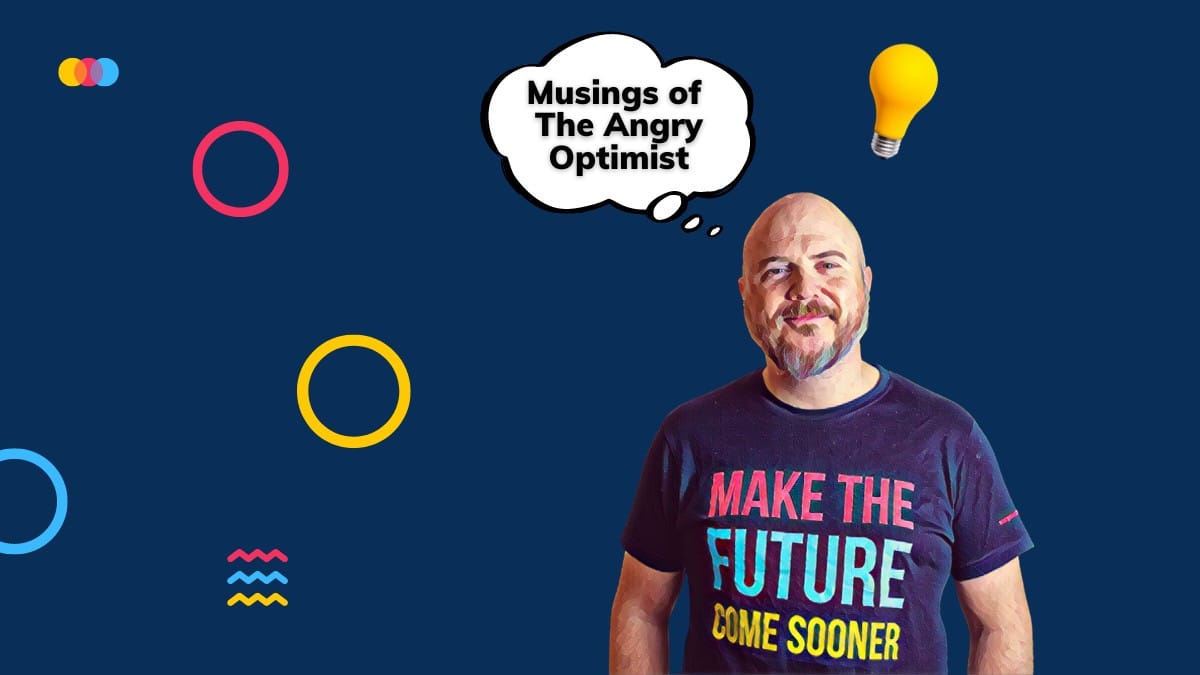
💡 Musings of the Angry Optimist: Whatever, keep writing in a complicated way, I understand anyway
What Martin Luther and a double unicorn founder can teach us about AI, and the first Swede on Mars.
Share this story!
My thoughts, tips, and other tidbits that I believe are suited for a fact-based optimist. This newsletter is for you who are a Premium Supporter at Warp News. Feel free to share it with friends and acquaintances.
🤓 What do Martin Luther and Jonas Birgersson say about AI?
But what the f*** does that even mean?! How many times haven't I cursed to myself when trying to understand what's written in a research study. It's rarely the subject itself that confuses me the most, but the extremely complex way it's described.
We came to talk about that at the AI master class I had at Jonas Birgersson's company, Via Europa, in Lund last Friday. Birgersson is one of Sweden's internet pioneers, founder of two unicorns and now heads Project Energy Society.
He, as usual, had an interesting take on it. I'll come back to that shortly, but first an example from Steven Pinker in Why Academics Stink at Writing. Try to figure out what this sentence means:
“Participants read assertions whose veracity was either affirmed or denied by the subsequent presentation of an assessment word.”
After scratching his head for a while, Pinker concludes that it means:
“Participants read sentences, each followed by the word true or false.”
Of course, "difficult words" may be needed to achieve precision in what one writes as an academic, but my experience is that people write in complicated ways much more often than just then.
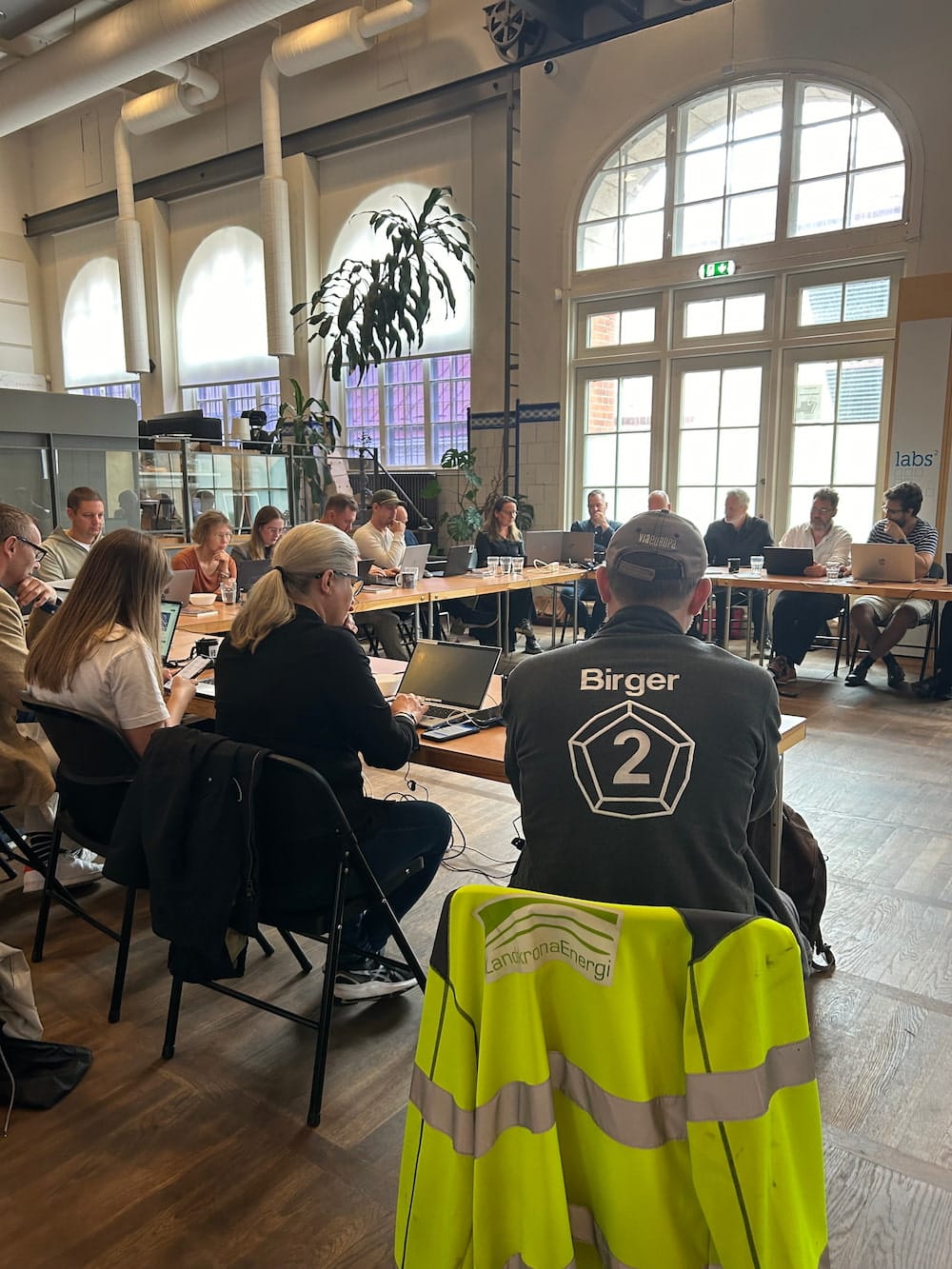
Jonas Birgersson pointed out how generative AI now gives us the ability to both understand the complex and quickly delve into very extensive reports and text documents.
I asked the AI tool Claude to simplify the sentence above:
"Participants read sentences that were followed by the words true or false."
Nowadays, I always use ChatGPT or Claude to understand and write comprehensible texts based on what's in research studies.
It reminds me of the priests in the Middle Ages who preached in Latin. People understood nothing, but had no other sources so they had to trust that what the priest came up with was right and proper.
Then Martin Luther appeared, with other ideas that he spread via short pamphlets in German. They became bestsellers and millions of people could now form a different opinion than the one drummed out by the Catholic Church.
I've previously written about this in Martin Luther - the first twitterer.
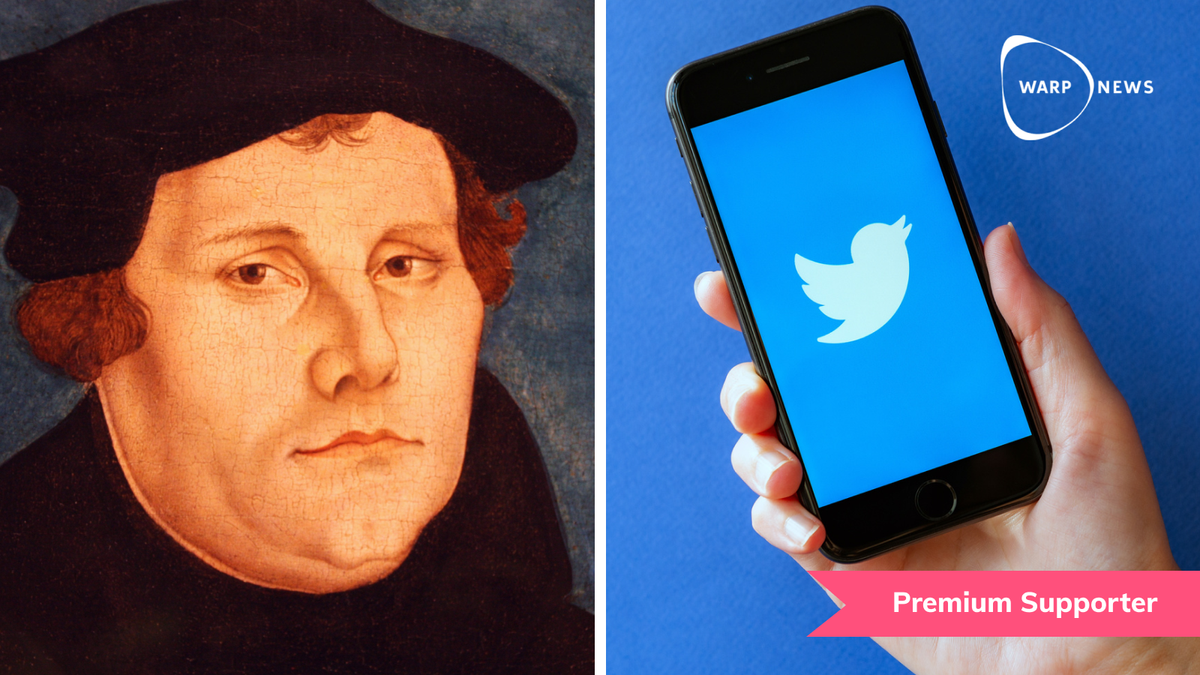
As we know, knowledge is power. With generative AI, it has become considerably easier to absorb this knowledge.
Mathias Sundin
The Angry Optimist
❗ Other stuff
Elo Score shows the relative skill level of players in zero-sum games like chess or e-sports. This is how the different generative AI models perform.
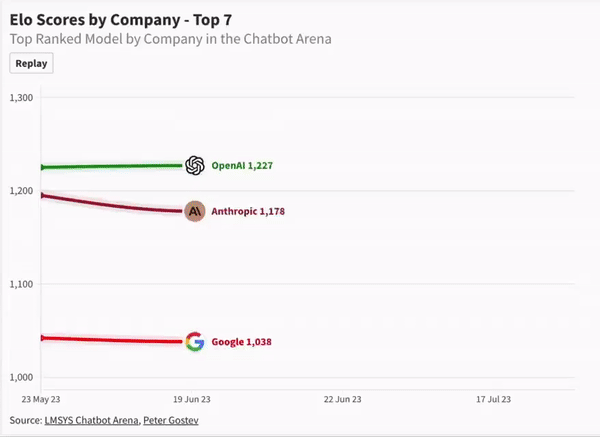
🧮 Eleonora Svanberg gives mathematical confidence
I met Eleonora Svanberg for the first time in 2016, when I, together with astronaut Christer Fuglesang, presented proposals for a new space policy for Sweden. One of the proposals was that we should put a Swede on Mars. Eleonora Svanberg would be that person.
She was selected by Astronomical Youth and was with us at the press conference, talking about why she wants to go to Mars.
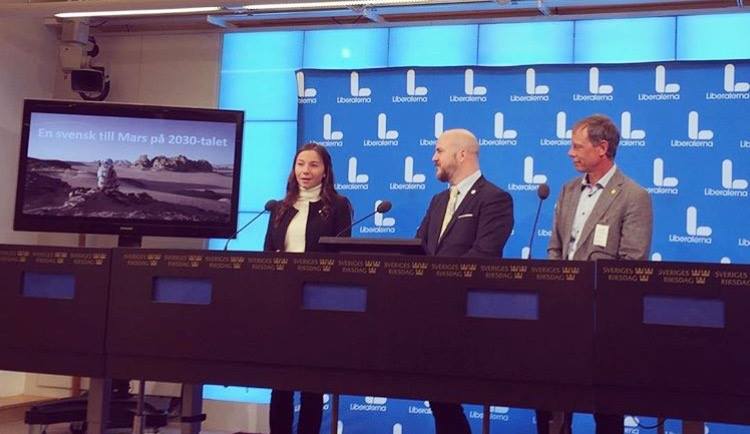
She was in high school then. Now she's doing a PhD in physics at Oxford and has become an influencer. But a different kind. It's not makeup and interior design that she focuses on, but STEM, science, technology, engineering and mathematics.
Now in these days, she's coming out with a book, Study With Me: How to Build Mathematical Confidence.
This is a personal account of her journey from being a young girl who doubted her math skills, to becoming a doctoral student in a male-dominated environment at one of the world's leading universities. For those who feel insecure about mathematics, she offers insight into the subject's potential. She also shares study advice, encouragement and inspiration.
Here you can find links to all her social media and here you can buy her book. (So far only in Swedish, but I'm guessing there will be an English version also.)
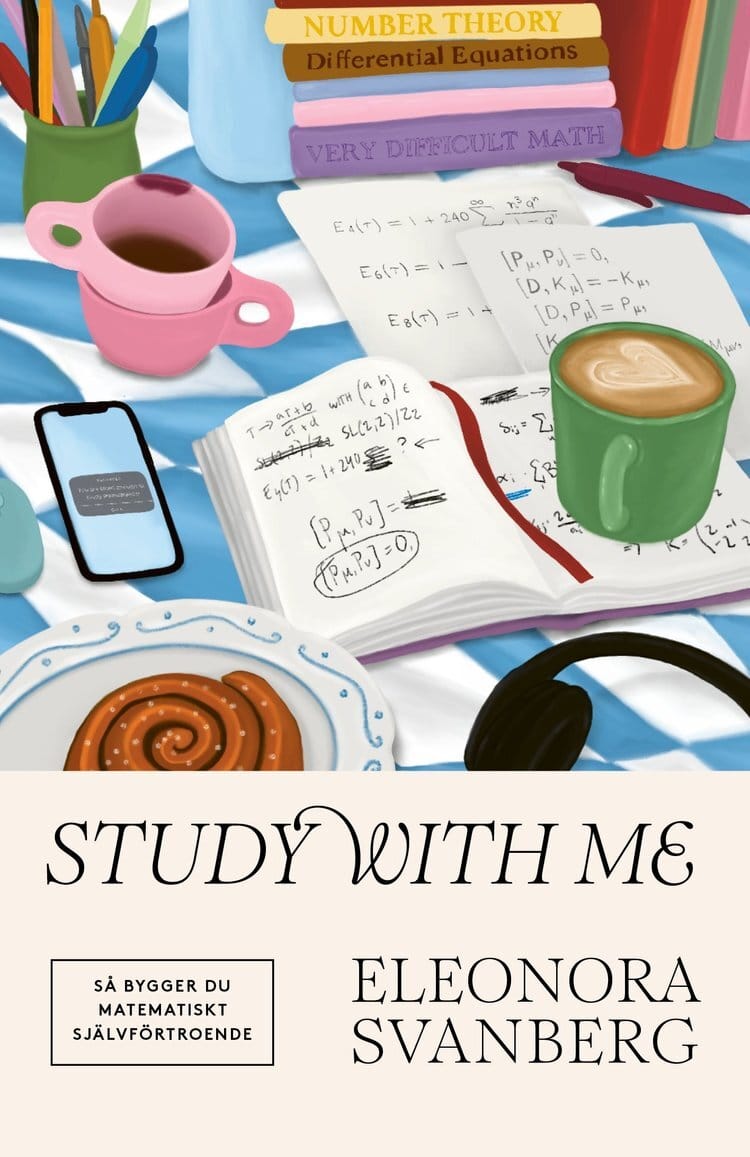
By becoming a premium supporter, you help in the creation and sharing of fact-based optimistic news all over the world.



